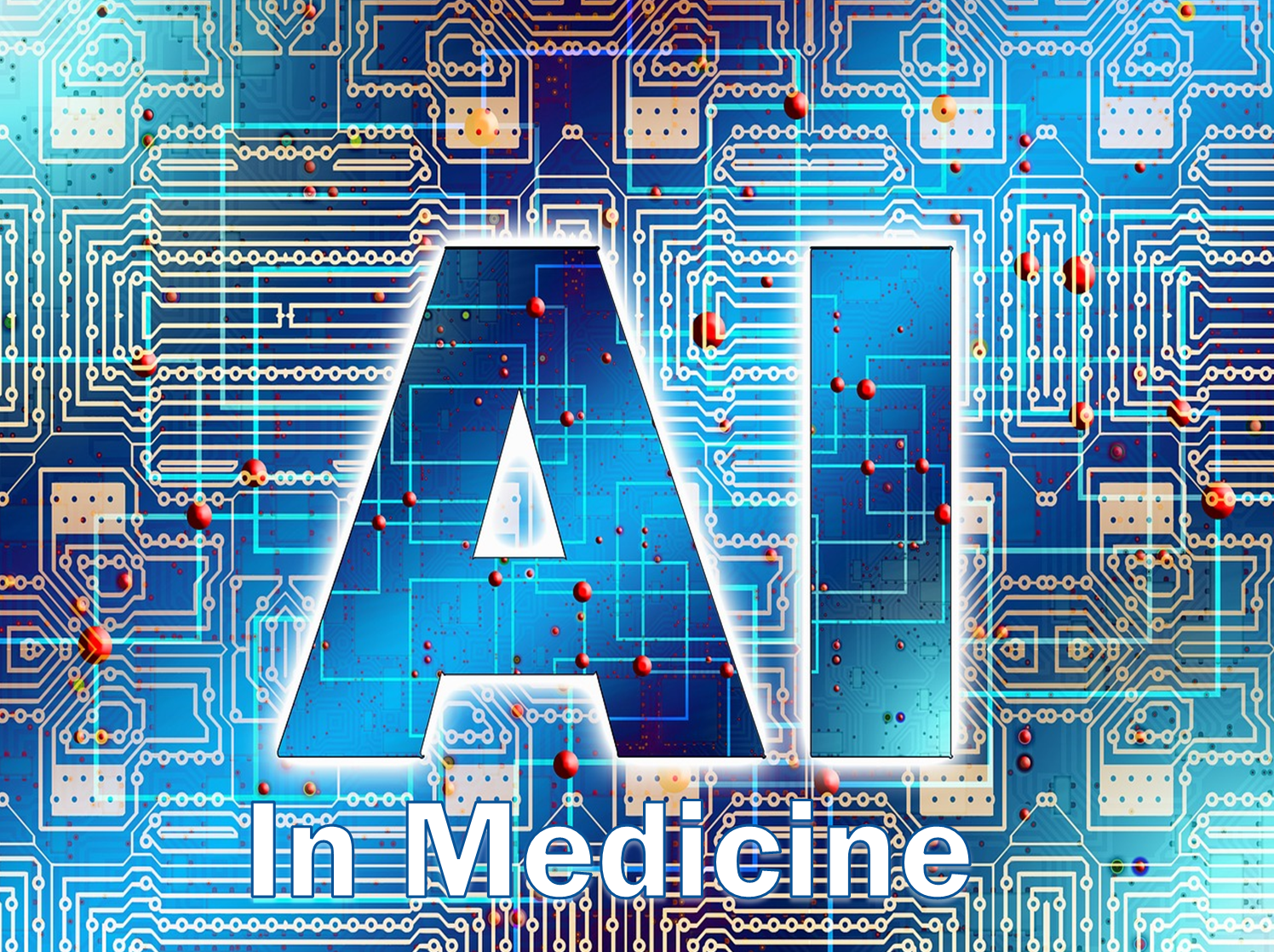If you use the internet, you will have noticed the proliferation of artificial intelligence (AI) assisted searches. Studies show that people, especially seniors, mistrust AI à la “I, Robot.” At the same time, they don’t recognize its current use in their lives in the algorithms that filter out spam, and recommend their music, movies, and other purchases.
Despite widespread trepidations, there are advantages in medicine to having machine intelligence take on projects that might take years for humans to accomplish. Artificial intelligence in medicine is the use of machine learning models to search medical data and uncover insights to help improve health outcomes and patient experiences.
Thanks to recent advances in computer science and informatics, artificial intelligence (AI) is quickly becoming an integral part of modern healthcare. AI algorithms and other applications powered by AI are being used to support medical professionals in clinical settings and in ongoing research like clinical trials.
During clinical trials, considerable time is spent assigning medical codes to patient outcomes and updating the data. One trial recently found that with AI, they could reduce the number of medical code searches by more than 70%.
Scientists are now working with AI to scan and analyze scores of the most widely requested medical tests like chest x-rays and electrocardiograms, then pair the results with the eventual patient diagnoses to detect any early indications of future disease. There is early data to suggest that chest x-rays might be used to help predict diabetes.
Machine learning models could be used to observe the vital signs of patients receiving critical care and sound alerts if certain pre-determined risk factors increase. While medical devices like heart monitors can track vital signs, AI can collect the data from those devices and look for more complex conditions, such as sepsis. One model has developed a predictive AI model for premature babies that is 75% accurate in detecting severe sepsis.
While your physician may have experience and education, imagine if they also had the sum of all the latest medical discoveries, drug trials, medical journals, and emerging illnesses immediately at hand. AI could be used to help make your doctor’s visit more efficient. While the patient waits for the doctor to enter the examination room, they might interact with a friendly AI to report health problems, symptoms, or complaints. After the doctor arrives, AI may already have suggested tests or preliminary diagnosis based on thousands of similar complaints. You might also be able to log on to the physician’s health portal to download a transcription of your appointment including any referrals, recommendations, and translations of any medical terms into layperson’s language.
AI may be particularly helpful for seniors. Wearable health monitoring devices, smart home monitoring systems, fall detection sensors and virtual assistants can make life easier for seniors, especially those living alone. Games and apps offer cognitive stimulation and memory support. AI applications that remind seniors about doctors’ appointments, when to take medication, and when to eat, can help relieve the anxiety and confusion of single living.
While we may still approach AI apprehensively, try to take advantage of instances that will make your life simpler and more manageable. If you are looking for social interaction, come to a Poolesville Seniors gathering, have some fun and meet new people.

